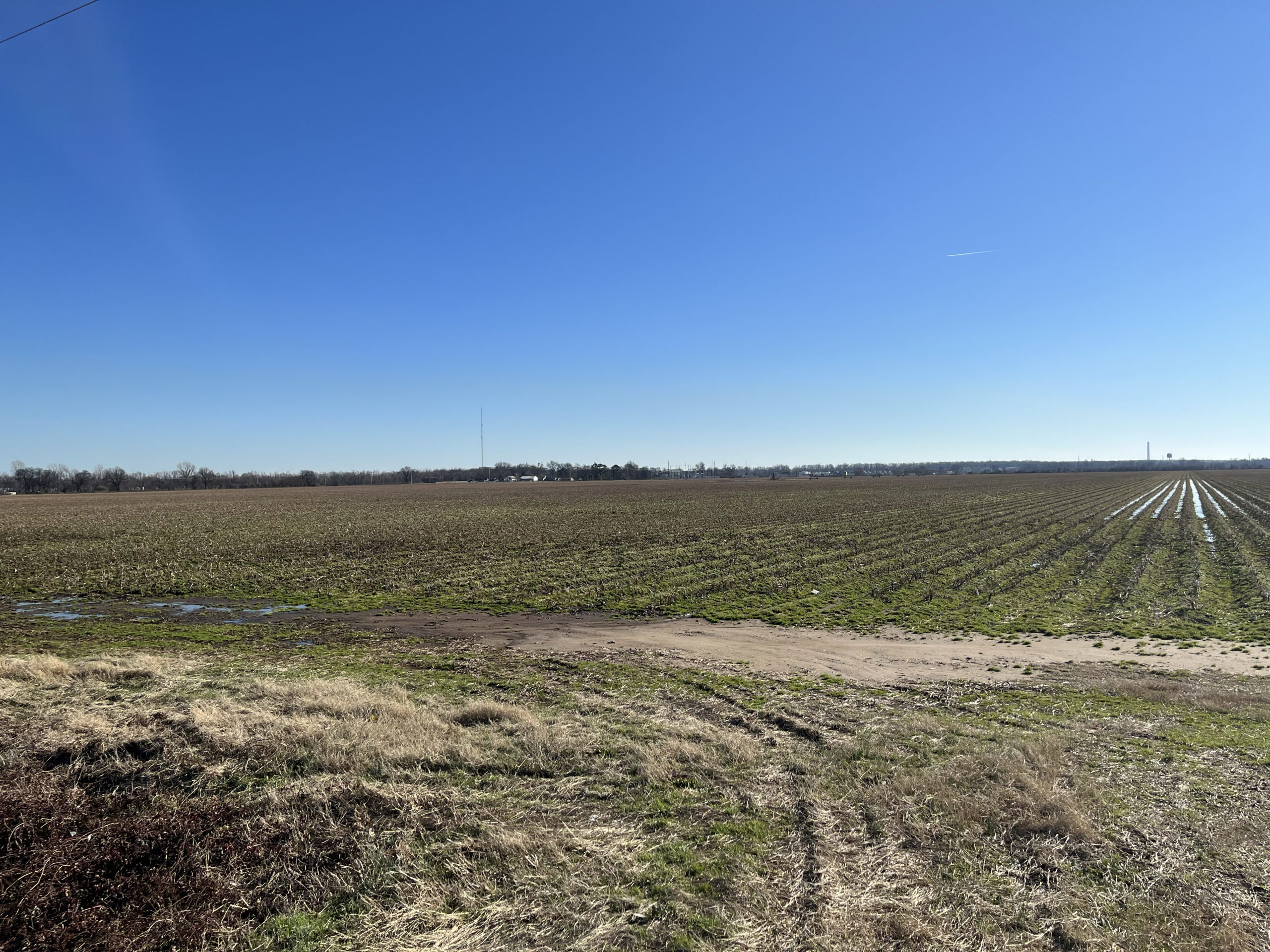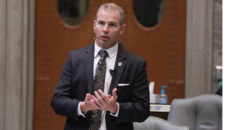JEFFERSON CITY, Mo. — As the legislative session nears its halfway point, one southeast Missouri city is eagerly awaiting the outcome of a rural jobs bill. The city of New Madrid has been in competition with two other states on projects.
“We have two projects in New Madrid teed up and ready to go when the legislature approves the rural jobs program,” Richard McGill, the city administrator of New Madrid, said. “We are competing with Tennessee on one and with Ohio on the other, and frankly, this program is the final piece we need to compete and put people to work right now.”
The bill, deemed the Missouri Rural Workforce Development Act, has been filed by both Sens. Justin Brown and Denny Hoskins. It would provide an incentive for those making capital investments in a fund to be distributed to rural areas of the state. Participants would be eligible for a tax credit covering 15 percent of an investment annually for four years beginning two years after an investment is made capped at $25 million per year.

“Time and time again, capital investors tell us that the availability of state tax credits are one of the most critical factors when considering business start-up and expansion proposals,” Brown previously said. “More often than not, they’ll pass by states that don’t come to the negotiating table with their own stake in the game. Investors want to know that state governments are willing to share in the investment and become partners in job creation.”
“We are very grateful for the Department of Economic Development. Their hard work and guidance helps make projects like ours happen. Starting a new business requires many facets of collaboration, including access to capital that commercial banks cannot supply. We implore the Missouri Legislature to pass the proposed rural jobs bill, as positive legislation like this can help supply the final key to maximizing the jobs created by important business projects like ours and others,” said Michael D. Harrelson, Circular SynTech LLC senior vice president of development and operations
Brown’s SB 675 has been referred to the Agriculture, Food Production and Outdoor Resources Committee; Hoskins’ SB 905 was first read last week.
Only 11 other states have this type of incentive, including Ohio which is competing with New Madrid for a 120 job factory development.
In rural Ohio, the program has landed more than 50 companies and thousands of jobs. For example, Global Cooling makes lab-grade freezers, one of the few that could hold all of the vaccines on the market. Thus far, the rural jobs program has bolstered Global Cooling to now over 200 jobs at their Athens, Ohio, factory.
In the proposal, investors who have put at least $100 million in small communities across the country, including $30 million in Missouri, would be eligible to apply with the Department of Economic Development (DED) to receive credits. Recipients would be required to distribute 60 percent of their investment commitments within two years and 100 percent within three years.
The bill requires 70 percent of investments to be made in rural small businesses with 250 or fewer employees. Agriculture is the state’s top industry, employing nearly 400,000 Missourians and bringing around $88 billion annually. Missouri ranks No. 2 in farms among U.S. states.
“The project in New Madrid is exactly the kind of rural job growth we are looking for in Missouri. While Kansas City and St. Louis are important, rural Missouri is also extremely vital to the state,” Hoskins said. “I look forward to supporting this bill and helping economic development in rural Missouri.”
Rural fund programs would have to submit annual reports to DED and could apply to exit the program six years after an initial investment. DED could recapture credits from investors who do not keep up with the requirements the legislation would create.
Missouri would receive $166 million in private capital investments in the first three years of the program’s life cycle, increasing revenue through income, sales, and property taxes, according to a study of the program’s effects. Of Missouri’s 114 counties, only 11 boast populations above 90,000 people, according to the center.




























